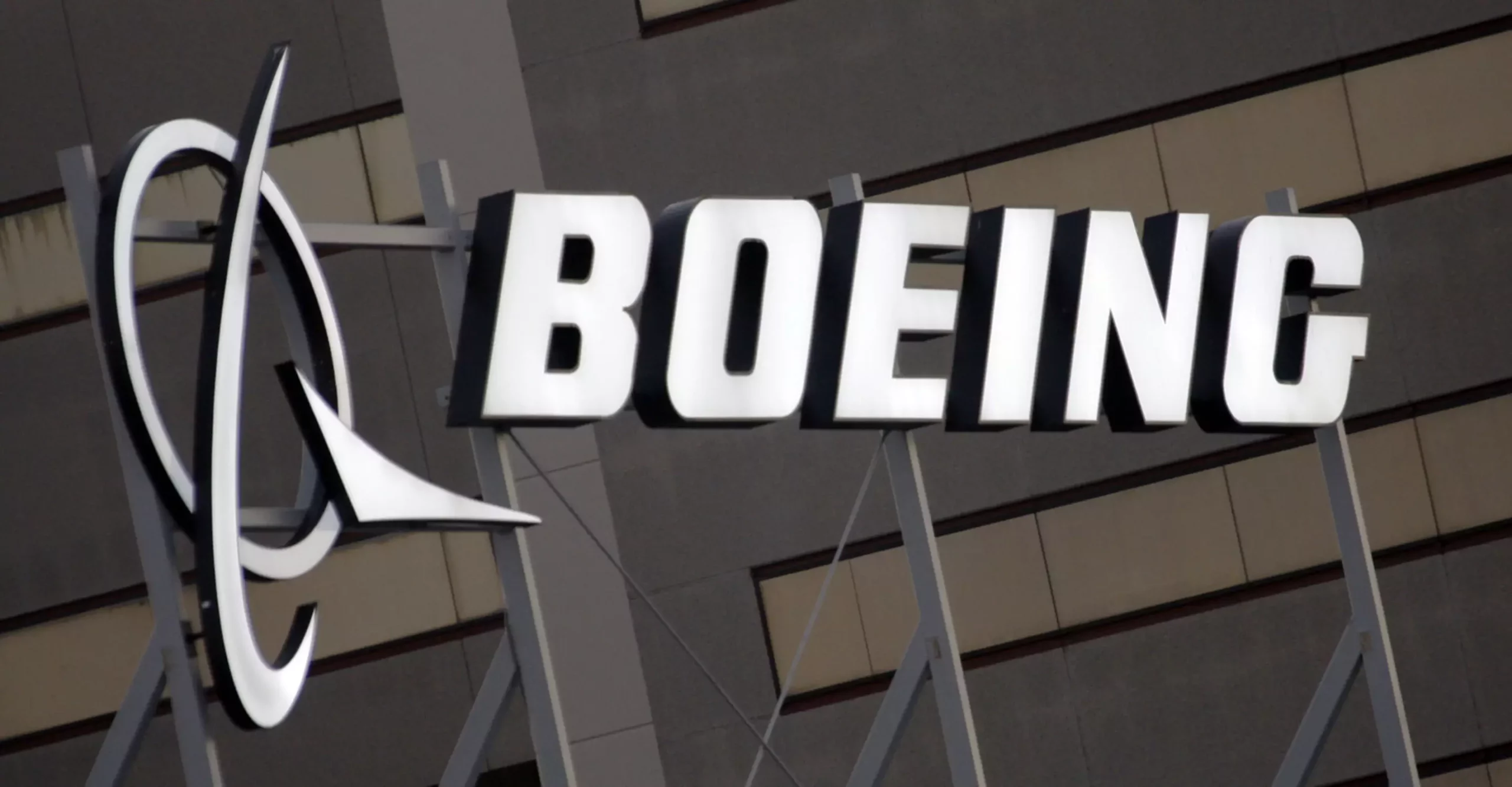Boeing’s decision to replace Theodore “Ted” Colbert III as the head of its Defense, Space & Security division underscores the significant challenges the aerospace giant has been facing in this sector. Colbert’s sudden departure highlights the urgency within Boeing to address ongoing issues with profitability and trust, particularly concerning their government contracts. His leadership, marked by a series of setbacks—including significant losses and project delays—has ultimately prompted the company to reassess its management strategy at a crucial time when restoring stakeholder confidence is paramount.
Steve Parker, the division’s chief operating officer, will serve as the interim replacement while Boeing actively searches for a permanent successor. This move reflects a potential effort to stabilize operations and enhance performance during a tumultuous period. With Parker’s existing familiarity with the division, stakeholders may expect a smoother transition as the company navigates its complex challenges. However, leadership changes do not inherently guarantee improved performance; they must be coupled with a coherent strategy and a renewed commitment to operational excellence.
Boeing’s Defense and Space segment, in particular, has faced significant financial hurdles, with reported losses amounting to $6 billion since early 2022. This figure eclipses even those recorded by Boeing’s commercial aviation sector, amplifying concerns about the long-term viability of their defense contracts. Critical programs—including the upcoming Air Force One and the refueling tankers—have become points of contention, drawing scrutiny from both the Pentagon and NASA. Such financial unease raises questions about the effectiveness of Boeing’s strategic planning and execution within this division.
Contributing to these financial struggles are the technical issues encountered by the Starliner space capsule—Boeing’s high-profile endeavor for NASA. Initial thruster problems during its inaugural crewed mission have led to NASA making the cautious decision to extend the astronauts’ stay on the International Space Station. The choice to rely on SpaceX for the return trip highlights not only the ongoing risks associated with Boeing’s projects but also the competitive pressures posed by alternative contractors in the space sector. This situation underscores the critical need for Boeing to innovate and streamline their processes to remain a viable player in a rapidly evolving aerospace market.
As Boeing navigates this leadership change and attempts to recalibrate its operations, it faces a monumental challenge: to regain the trust of both customers and stakeholders. The recent memo from CEO Kelly Ortberg indicates a commitment to improving performance and meeting high standards, but it remains to be seen whether these intentions will translate into tangible results. For Boeing, the key will be to harmonize its ambitious objectives with the operational competencies necessary to execute them, re-establishing its legacy as a leader in the aerospace industry. The coming months will be critical for Boeing as it seeks to convert this transitional period into a new chapter defined by success and reliability.


Leave a Reply